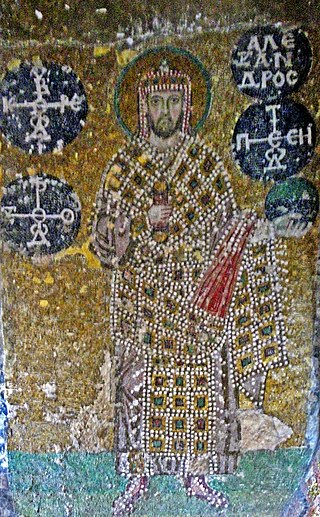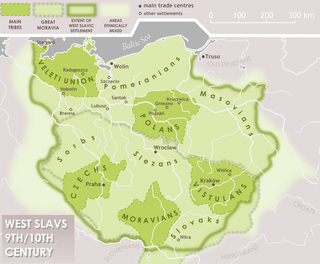The 910s decade ran from January 1, 910, to December 31, 919.
The 930s decade ran from January 1, 930, to December 31, 939.
The 940s decade ran from January 1, 940, to December 31, 949.
The 950s decade ran from January 1, 950, to December 31, 959.
The 980s decade ran from January 1, 980, to December 31, 989.

Year 961 (CMLXI) was a common year starting on Tuesday of the Julian calendar.

Year 912 (CMXII) was a leap year starting on Wednesday of the Julian calendar.

Year 951 (CMLI) was a common year starting on Wednesday of the Julian calendar.

Year 936 (CMXXXVI) was a leap year starting on Friday of the Julian calendar.

Year 940 (CMXL) was a leap year starting on Wednesday of the Julian calendar.

Lotharingia was a medieval successor kingdom of the Carolingian Empire. It comprised present-day Lorraine (France), Luxembourg, Saarland (Germany), Netherlands, most of Belgium, and Germany west of the Rhine. It was named after King Lothair II, who received this territory as his share of the Kingdom of Middle Francia which his father, Lothair I, had held.

Simancas is a town and municipality of central Spain, located in the province of Valladolid, part of the autonomous community of Castile and León. It is situated approximately 10 km southwest of the provincial capital Valladolid, on the road to Zamora and the right bank of the river Pisuerga.

Conrad I, called the Younger, was the king of East Francia from 911 to 918. He was the first king not of the Carolingian dynasty, the first to be elected by the nobility and the first to be anointed. He was chosen as the king by the rulers of the East Frankish stem duchies after the death of young King Louis the Child. Ethnically Frankish, prior to this election he had ruled the Duchy of Franconia from 906.
Eberhard III, a member of the Conradine dynasty, was Duke of Franconia, succeeding his elder brother, King Conrad I, in December 918. From 926 to 928, he also acted as ruler of Lotharingia.
Conrad, called the Red, was Duke of Lorraine from 944 until 953. He became the progenitor of the Imperial Salian dynasty.
Gilbert was son of Reginar and the brother-in-law of Emperor Otto I. He was duke of Lotharingia until 939. Gilbert was also lay abbot of Echternach, Stablo-Malmedy, St Servatius of Maastricht, and St Maximin of Trier.

The Duchy of Franconia was one of the five stem duchies of East Francia and the medieval Kingdom of Germany emerging in the early 10th century. The word Franconia, first used in a Latin charter of 1053, was applied like the words Francia, France, and Franken, to a portion of the land occupied by the Franks.
The Conradines or Conradiner were a dynasty of Franconian counts and dukes in the 8th to 11th Century, named after Duke Conrad the Elder and his son King Conrad I of Germany.

The Battle of Andernach, between the followers and the opponents of King Otto I of Germany, took place on 2 October 939 in Andernach on the Rhine river and ended with a decisive defeat of the rebels and the death of their leaders.










